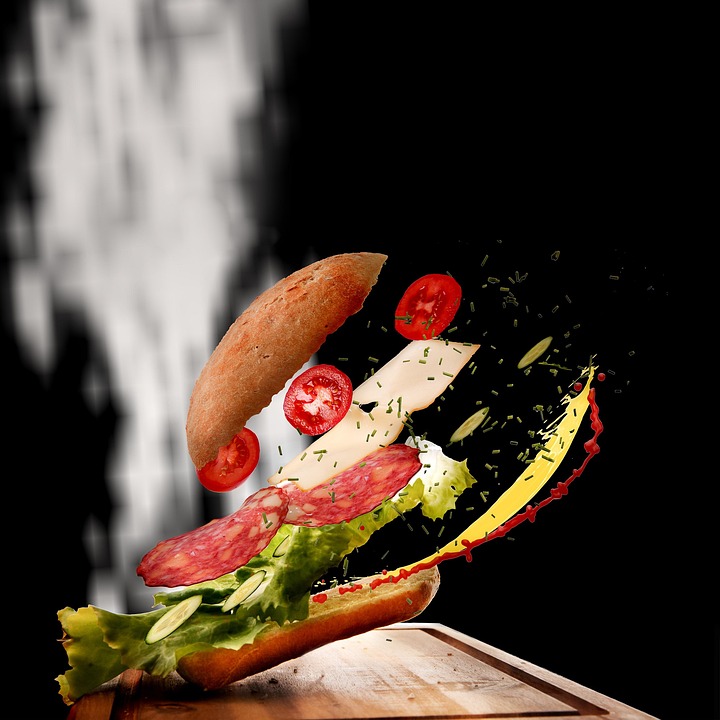Navigating the world of food science can feel akin to wandering through a complex labyrinth, particularly when it comes to the interview process. For those of you aspiring to carve a niche in this delectable field, arming yourself with the right tools and strategies is paramount. Here are some invaluable tips that can bolster your confidence and enhance your chances of making a splendid impression.
Know Your Science
-
Foundational Knowledge: A robust understanding of food chemistry, microbiology, and sensory analysis is essential. Be prepared to discuss how these principles translate into practical applications within the industry. Imagine being asked about the Maillard reaction—can you explain its significance in food processing? This is where your academic prowess must shine.
-
Stay Current: The food science sector is in a constant state of evolution, with new technologies and trends emerging at a dizzying pace. Familiarise yourself with the latest advancements, from plant-based innovations to sustainable practices. Mentioning recent studies or industry reports during your interview could set you apart as a candidate who is not only knowledgeable but also genuinely passionate about the field.
Showcase Your Skills
-
Technical Proficiency: Be prepared to discuss your hands-on experience with laboratory equipment and protocols. Whether it’s working with chromatography or conducting taste tests, articulate how your practical skills enhance your theoretical knowledge. Highlight any specific projects or research you’ve undertaken, as these anecdotes can breathe life into your qualifications.
-
Soft Skills Matter: While technical expertise is crucial, don’t underestimate the power of soft skills. Communication, teamwork, and problem-solving abilities are highly prized in any role. Think of examples where you have demonstrated these skills, perhaps in group projects or internships, and be ready to share them with your interviewer.
Prepare for Common Questions
-
Behavioural Questions: Expect to encounter questions that probe your past experiences. The STAR method (Situation, Task, Action, Result) can be an invaluable framework for structuring your responses. Reflect on scenarios where you faced challenges, made decisions, or contributed to team successes, and practice articulating these stories succinctly.
-
Scenario-Based Questions: You might be presented with hypothetical situations, such as dealing with a food safety issue or innovating a new product line. These questions assess your critical thinking and creativity. Approach them with a calm and analytical mindset, showcasing your ability to think on your feet.
Dress the Part
The age-old adage, "You never get a second chance to make a first impression," rings particularly true in interviews. For aspiring food scientists, dressing appropriately signifies professionalism and respect for the industry. Opt for business casual attire that is both comfortable and polished, allowing you to focus on the interview rather than your wardrobe.
Follow Up Thoughtfully
After the interview, don’t let the opportunity slip away. A well-crafted thank you email reiterating your enthusiasm for the position and reflecting on key points discussed can leave a lasting impression. It demonstrates your professionalism and genuine interest, qualities that employers often value highly.
As you prepare to embark on this exciting journey in food science, remember that every interview is a chance to learn and grow. Each response you craft, each question you consider, is a step towards your future. CVPortal continues to bring you an array of high-quality CV references, ensuring you have the tools you need to succeed in this competitive landscape. Embrace the challenge, and best of luck in your culinary career!


